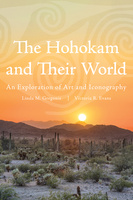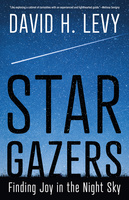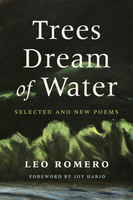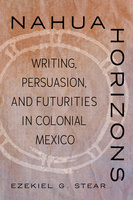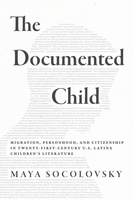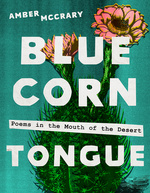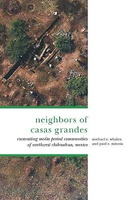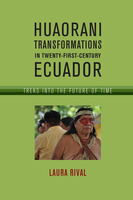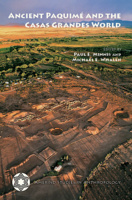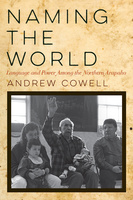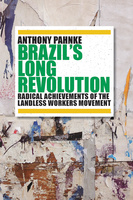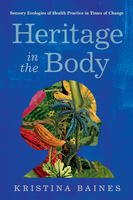The University of Arizona Press is the premier publisher of academic, regional, and literary works in the state of Arizona. They disseminate ideas and knowledge of lasting value that enrich understanding, inspire curiosity, and enlighten readers. They advance the University of Arizona’s mission by connecting scholarship and creative expression to readers worldwide.
The Hohokam and Their World
An Exploration of Art and Iconography
The Hohokam and Their World explores how the Hohokam used art forms such as pottery, shell ornaments, carved stone, and rock imagery to convey their views of the world and their ideas about water, the Sonoran Desert, the ocean, travel, ancestors, and the cosmos.
Star Gazers
Finding Joy in the Night Sky
A flash, a single streak of light, is what sparked David Levy’s passion for astronomy more than sixty years ago. In this delightful collection of essays, Levy shares not only his love for the sky and stars, but also his love for language and literature. With the voice of a poet and the eye of a skilled, albeit amateur, astronomer, Levy takes us on a glorious adventure as large as the universe.
Trees Dream of Water
Selected and New Poems
In Trees Dream of Water Leo Romero offers up ancestral history and personal journeys through the landscapes of northern New Mexico. The poetry weaves together a lyrical exploration of identity, memory, and the natural world, inviting readers on a captivating journey of self-discovery that spans Romero’s career.
Nahua Horizons
Writing, Persuasion, and Futurities in Colonial Mexico
Nahua Horizons: Writing, Persuasion, and Futurities in Colonial Mexico challenges the notion that the Spanish erased Nahua culture. Ezekiel Stear’s bold new approach sheds light on ways in which Nahua people forged paths ahead in times of uncertainty and sweeping change.
Arizona Friend Trips
Stories from the Road
In this captivating travelogue, readers are invited to explore the Arizona known and loved by two friends through a blend of poetry, prose, and photography. Whether you’re planning your own Arizona adventure or simply yearning to wander from the comfort of home, Arizona Friend Trips promises to inspire, delight, and leave you longing for the open road.
The Documented Child
Migration, Personhood, and Citizenship in Twenty-First-Century U.S. Latinx Children's Literature
Looking at picture books and middle-grade and young adult literature written from 1997 to 2020, The Documented Child demonstrates how the portrayal of Latinx children has dramatically shifted and discusses how these shifts map onto broader changes in immigration policy and discourse in the United States.
Blue Corn Tongue
Poems in the Mouth of the Desert
Blue Corn Tongue is a like mixtape from a thirty-something Diné punk girl. It offers poetry about love, friendship, environmental destruction, and language loss.
The Neighbors of Casas Grandes
Medio Period Communities of Northwestern Chihuahua
Huaorani Transformations in Twenty-First-Century Ecuador
Treks into the Future of Time
Ancient Paquimé and the Casas Grandes World
Naming the World
Language and Power Among the Northern Arapaho
Brazil's Long Revolution
Radical Achievements of the Landless Workers Movement
Gerard P. Kuiper and the Rise of Modern Planetary Science
Heritage in the Body
Sensory Ecologies of Health Practice in Times of Change
Through storytelling, ethnography, and interviews, this volume examines how Indigenous Maya and Garifuna Belizeans—both in Belize and in the United States—navigate macro-level processes such as economic development, climate change, political shifts, and global health crises in the context of changes in their own lives. Employing an embodied ecological heritage (EEH) framework, this work explores the links between health and heritage. It offers insights into how heritage practices become embodied as ways to maintain and support happy, healthy lives.
Embodying Biodiversity
Sensory Conservation as Refuge and Sovereignty
This interdisciplinary volume argues for the importance of everyday sensuous conservation and its ability to grow diverse, livable worlds where human embodiment is understood as part of—not separate from—plant life. Contributors argue that the majority of biodiversity conservation worldwide is carried out not by large-scale conservation projects but by ordinary people engaging in sensory-motivated, caretaking relationships with specific plants.


